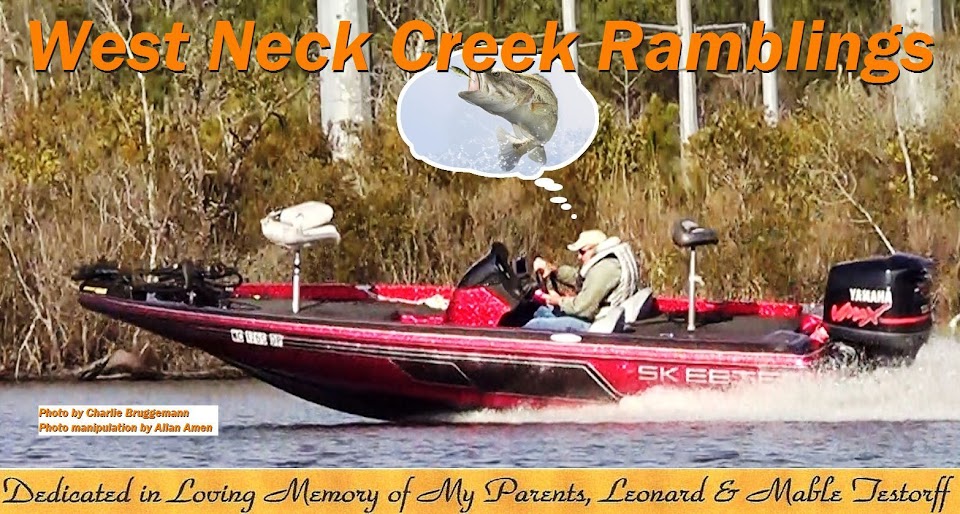In fact, I've only found one who has. His name is Casey Ashley (above), and he won the 2015 Bassmaster Classic on his home water...South Carolina's Lake Hartwell.
An accomplished singer, songwriter and musician, in addition to his career as a pro angler, the South Carolina native opened the event with a stirring rendition of the national anthem before that Friday's frigid opening-round takeoff at Green Pond Landing in Anderson, SC. Then he went out and steadily caught a limit of fish every day on a homemade fish-head spinner rigged with a Zoom super-fluke Jr. in pearl white. His father, Danny, a good bass fisherman in his own right, had made him about 20 of these baits before the tournament began.
Ashley prefers to fish a jig...and he won a 2014 FLW Tour event on Hartwell doing just that. But the more he tried it the week of the 2015 Classic, the more he realized it might sink him if he didn't abandon the tactic and stick with the baits his dad had made for him.
"I was going out and getting a good limit with that bait and then going and fishing brush piles and structure with a jig, looking for big fish," he said. "I burned a lot of time doing that the first two days."
With the conditions rainy and overcast on Sunday--just perfect for what he'd been doing with the homemade bait--Ashley stuck with the tactic that had helped him catch 10 fish on Friday and Saturday. It paid off, as he steadily culled fish throughout the day Sunday. He rose from fifth to first with his catch of 20-3, becoming the first angler ever to actually win the Classic on his home water...not just close to home as others had done. His three-day winning total weight was 50 pounds 1 ounce.
Ashley said he caught 13 of the 15 fish he weighed in during the Classic on the homemade bait, which is hand-poured from a popular jig mold. It has a crane swivel molded into the lower half of the jighead and a ball-bearing swivel and split ring that holds a nickel-plated willow-leaf blade. Though the bait can be produced in larger and smaller sizes, the weight Ashley used in the 2015 Classic was 3/8 ounce.
"It's the silliest, simplest-looking thing you've ever seen in your life," he said. "It's a pony head, and we attach a ball-bearing swivel and use powder paint on the head, along with a 4/0 Mustad hook with a size 3.5 willow blade. The swivel is the key to that bait and the Super Fluke Jr. It doesn't matter how slow I turn my reel handle. I could lift it off the bottom and ease it back, and the blade will keep turning. That's the key."
When asked if there were any plans to commercially market the bait, Ashley's only response was his signature boyish grin.









.JPG)





















